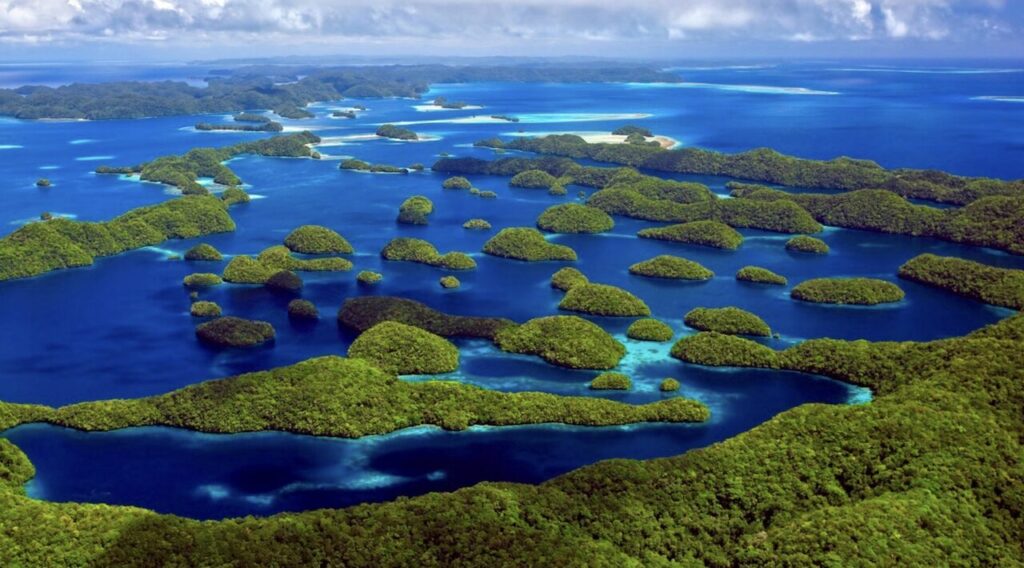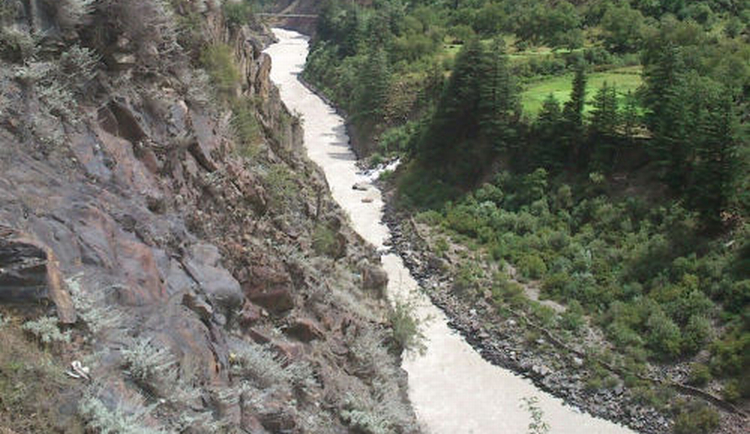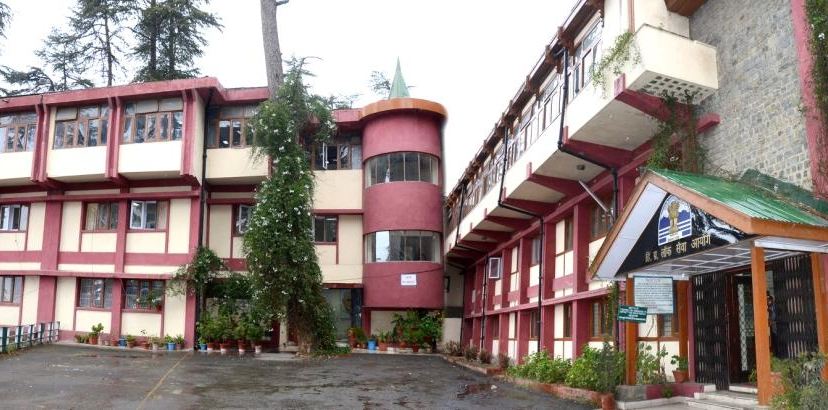
A gentle Pacific breeze carries the message of fraternity, opportunities, and openness. The Republic of Palau, a magnificent island country famous for its pristine waters, abundant marine life, and strong passion for environment conservation, has recently announced visa-free entry for short-term visitors holding an Indian passport.
This landmark ruling is more than just a Tourism Promotion—it is another sign of growing trust, regard, and collaborative spirit between India and Palau. It is diplomacy founded on esteemed mutual respect and shared interests.
This stage opens up the gates to one of the most tranquil and ecological conscious settings for the Indian visitor. The Rock Islands, Jellyfish Lake, and the second-most-biodiverse marine life make Palau not just a tourist site but a whole-life example of living in sustainability that runs alongside modern-day tourism.
India and Palau differ in terms of size and physical geography, yet both places hold traditional values in esteem, respect ecological values, and nurture a vision of a more inclusive form of global engagement. Opting for the unprecedented move of visa-free entry for Indian nationals, Palau, in effect is casting its vote for the dynamic, culturally open, and environmentally conscious people of India.
My whole belief as an Honorary Consul General of the Republic of Palau to India has always been in further enhancing people-to-people contacts between the two countries, and this announcement is another reaffirmation of Palau’s confidence in India’s rising global presence, not merely as an economic force but as a responsible member in tourism, climate action, and Intercultural understanding.
Indian tourists can now bask in the culture of Palau—shaped by the sea, spiritual elements, and sustainability. But the privilege must be responsibly exercised. As a country that leads the development of eco-tourism, Palau’s “Palau Pledge” is an innovation that deeply resonates with India’s own traditions of balance and harmony.
This is not a hard and fast policy but rather an open invitation. An invitation to discover, to learn, and to engage. It is inviting Indian citizens to see how a tiny island country has strived to be a world leader in ocean conservation. And reciprocally, this exchange allows Palau to learn from India’s diversity, diplomacy, and diaspora.
With international travel remodeling itself post-pandemic, options such as these form a connective, awakened future. It is not tourism for the sake of tourism; it’s a salute to our shared humanity.
Palau is now open to all Indian tourists who have fantasies of turquoise waters and coral blue skies, as well as those who are looking for experiences outside of the norm. Visas are no longer required.
Let this be the beginning of a journey—one that crosses hearts and minds rather than distances.
Note: Dr. Neeraj Ashok Sharma, Honorary Consul General, Republic of Palau to India





